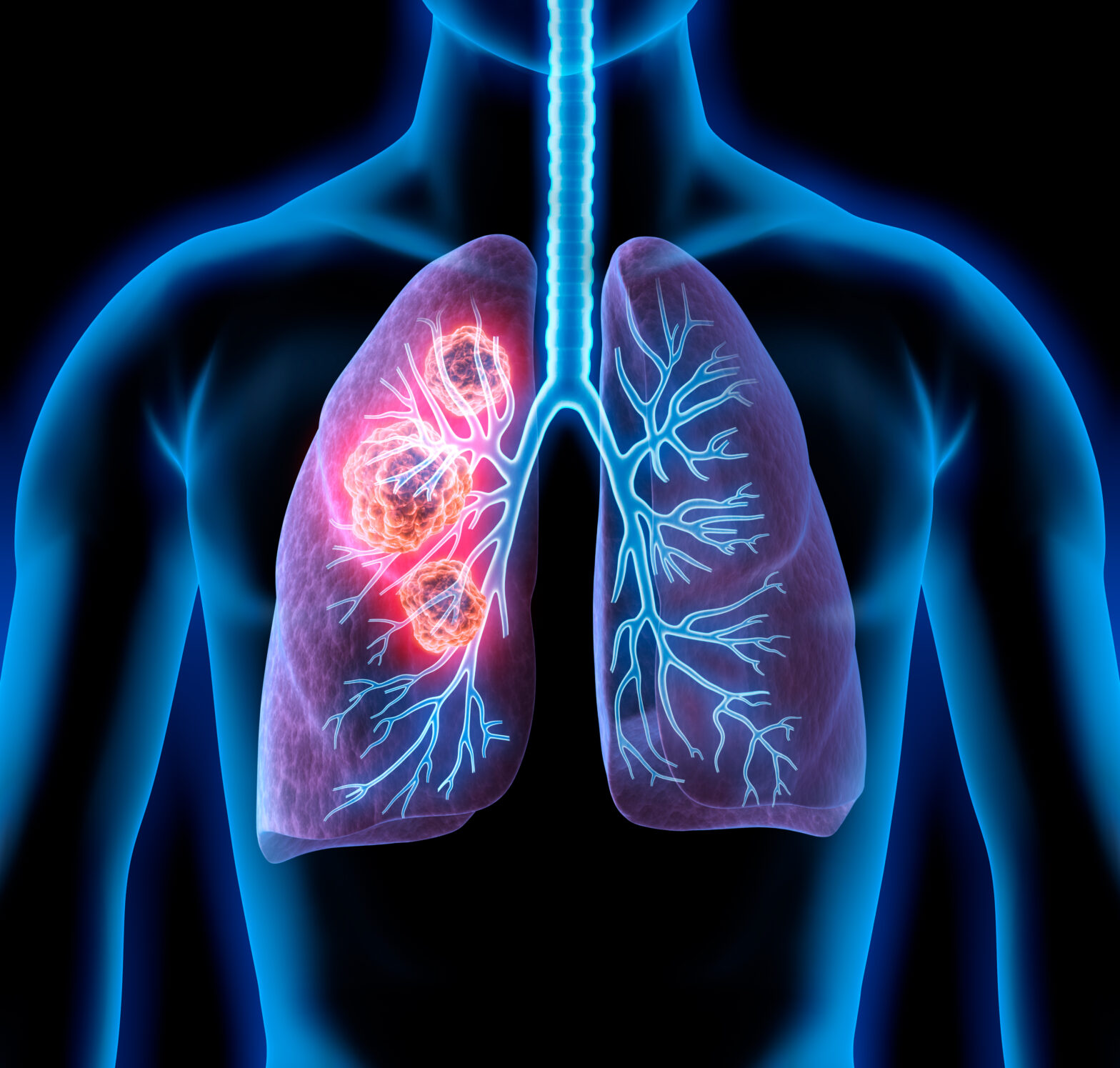Researchers in Kyushu harnessed the capabilities of artificial intelligence to create a prognostic model for non-small cell lung cancer, potentially redefining prognosis and advancing patient care.
Lung cancer remains a major global cause of cancer-related deaths. Non-small cell lung cancer (NSCLC) is the most prevalent form, and standard treatments include surgery, chemotherapy and radiotherapy.
Various immune-nutrition indices derived from blood tests, such as controlling nutritional status, geriatric nutritional risk index, Glasgow prognostic score and C-reactive protein (CRP)/albumin ratio, have been explored as potential prognostic factors for NSCLC postoperative outcomes. To date, however, there is no consensus on their prognostic value.
How is artificial intelligence used to predict cancer?
In recent years, artificial intelligence (AI) has emerged as a tour de force in medicine, particularly in cancer diagnosis and predicting chemotherapy efficacy. In a new study published in Scientific Reports, a team of Japanese researchers detail the development of an AI-driven prognostic model for NSCLC. Their approach leveraged machine learning to meticulously analyse perioperative data, including both preoperative and postoperative blood test results.
The study involved 1,049 patients who underwent surgical resection for pathological stage I–IIIA non-small cell lung cancer (NSCLC) at Kyushu University. It considered 17 clinicopathological factors along with 30 preoperative and 22 postoperative blood test results as explanatory variables. Disease-free survival (DFS), overall survival (OS), and cancer-specific survival (CSS) were set as the primary outcome measures.
“Our AI prognostic model exhibited impressive performance with areas under the curve of the receiver operating characteristic curves for DFS, OS, and CSS at five years being 0.890, 0.926, and 0.960, respectively. This underscores its accuracy in predicting postoperative prognosis for NSCLC,” shared corresponding author of the study, Tomoyoshi Takenaka, from the Department of Surgery and Science at the Graduate School of Medical Sciences, Kyushu University.
Nonetheless, the researchers noted note that this study is retrospective, relying on data from a single cohort at a single institution, without any validation cohorts included.
“A prospective study of multiple cohorts at multiple institutions should be performed in the future to validate the usefulness of our AI prognostic model,” said Takenaka.


